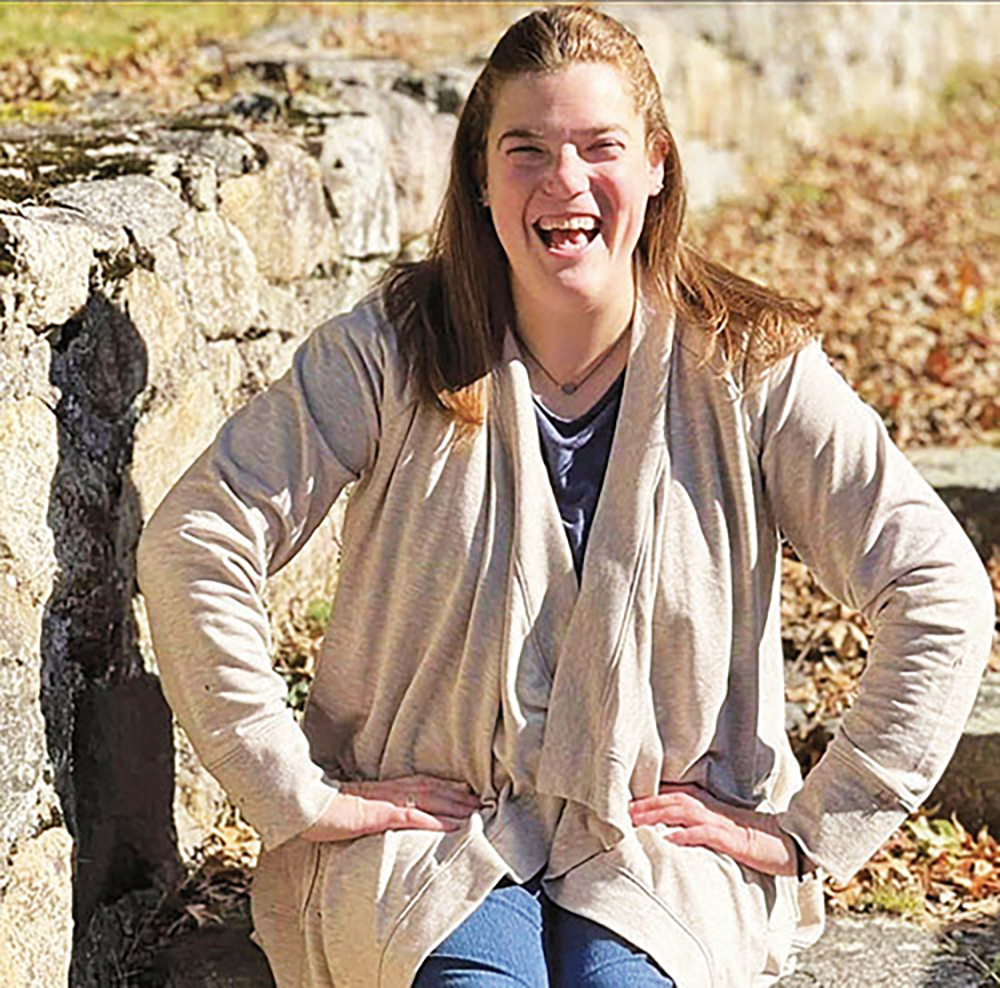
On Thursday, July 27th we observed Tisha B’Av, the saddest day of the year on the Jewish calendar.
Tisha B’Av reminds us that it is okay to feel sorrow and other emotions that we are often programmed to avoid. It’s a day where we have permission to grieve. Thursday, July 27th would also have been our daughter Tova’s 36th birthday.
But I don’t need anyone’s permission to grieve Tova’s passing … the emotions have come often during the past six months, mostly triggered by specific conversations or events that remind me of her.
Rabbi Joseph B. Soloveitchik explained that there is a fundamental difference between aveilut chadasha (newly occurring, personal mourning) and aveilut yeshana (ancient, annual mourning for the Beit Hamikdash). When a close relative dies, the pain and sense of loss come naturally. Therefore, it makes sense to begin the mourning period with shiva, the most intense expression of our grief. After seven days, the mourner’s emotions have tempered somewhat. The laws of shloshim now become less restrictive than the shiva period. By the end of 30 days, the mourner has gained greater perspective on his or her loss — and for most relatives, the aveilut period is over. Even for a parent, the mourning period is reduced further.
In the case of aveilut yeshana (older mourning), the order is reversed. We have been living in a world without the Beit Hamikdash for 2,000 years, so it would be difficult to begin the mourning period with the most intense laws. It would be unnatural to immediately break down and cry over the destruction of the Beit Hamikdash. This sadness can be internalized only through more gradual increments. Therefore, we slowly increase our level of mourning from the 17th of Tammuz through the Nine Days until we arrive at Tisha B’Av. By that time, we are ready to grieve appropriately.
While I can certainly say that the intensity of grief that I feel over Tova’s passing has lessened somewhat, I can assure you that it doesn’t go away completely. I also feel that you don’t lose someone once, you lose them repeatedly — sometimes several times a day. You might momentarily forget your loss, but then it creeps up on you, with fresh waves of grief reminding you that someone you love is now gone.
Part of my own continuing grief relates to the fact that there’s an order that life is supposed to follow. We normally pass the torch from one generation to the next. Our torch is supposed to go out before our children’s flames are extinguished.
We are supposed to watch them take their first breath … not their last.
We are supposed to hear the noise of their heart when it starts to beat … not the deafening silence when it stops.
So, I continue to mourn for Tova this Tisha B’Av, which this year falls out on the day of her birth.
On Tisha B’Av we are mourning the past — the terrible calamities that have occurred to our nation during the last two millennia. There is a famous story about Napoleon Bonaparte, who once passed a synagogue on the day of Tisha B’Av. He was struck by sounds of crying and wailing coming from inside the building. “Why are the Jews mourning?” he asked one of his officers. “They are grieving for Jerusalem,” came back the reply. “And how long ago did the Jews lose Jerusalem?” asked Napoleon. “More than 1700 years ago,” the soldier answered. Napoleon was quiet for a moment and then said softly, “A people that remembers a place for so long will one day have it restored to them.”
This Tisha B’Av, I am not only mourning the past — I am also mourning the future. I am mourning the moments I will never get to see because our precious daughter is gone.
I am mourning the Friday night Shabbat dinners at our home that no longer include Tova.
I am mourning the Shabbat afternoon Rummikub games that will no longer be played.
I am mourning the annual Mets game that we no longer will attend together, and the US Open tennis match that we will no longer purchase tickets for each year.
I am mourning the 7 a.m. daily phone calls wishing me a good day that I no longer receive from Tova, and the voicemail and text messages that no longer pop up on my cell phone.
I am mourning not seeing Tova’s infectious smile lighting up a room, and not witnessing her ability to laugh at herself and laugh with others.
I am mourning the visits she will no longer be able to pay to her two nieces and nephews, who she adored.
I am mourning the country music concerts that I will no longer be attending with her (even though I don’t particularly care for country music).
I am mourning not hearing her tell me about the joy she was able to bring to her students that she taught each day at work.
I am mourning not sharing in the heartbreak of yet another Phoenix Suns elimination in the NBA playoffs, and not enjoying the excitement that a new basketball season brings.
I am mourning not hearing about the difficult situations she constantly faced, and the empowerment she provided me by overcoming those difficulties.
I am even mourning not engaging in the bickering about small things we often would fight about.
So yes, this Tisha B’Av I am mourning the past — but I am also mourning the future.
May we be privileged one day to see the prophecy of Zecharia come true, when Tisha B’Av will become a joyful, glad occasion and a happy festival.
Happy birthday, Tova.
Michael Feldstein is a contributing editor for The Jewish Link. He owns his own marketing consulting firm, MGF Marketing, and can be reached at michaelgfeldstein@gmail.com.









